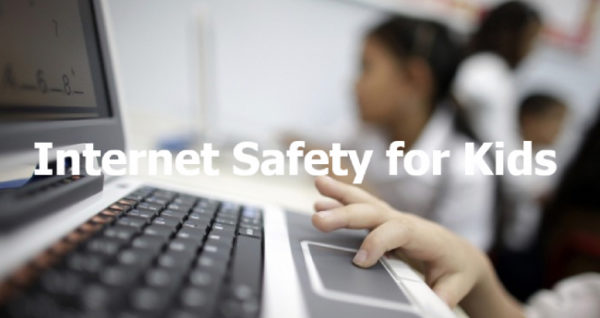
October is National Cybersecurity Awareness Month. Throughout the month, Vanderbilt University Information Technology will share tips for staying safe and secure online. This article focuses on internet safety for kids.
Today’s youth are exposed to the internet more than ever before—through virtual classrooms, video calling, online gaming, entertainment and social media—creating an irrefutable need for internet security and safety awareness. The most common threats children face online are inappropriate content, chat room “friends” that could be predators, cyberbullying, online scams, viruses and child identity theft. While we want our youth to have digital independence and access to all of the benefits technology has to offer, we also want them to be safe and protected online.
To help protect them, be knowledgeable of their digital world by reviewing their games, apps and social media sites before they are downloaded. Discuss basic internet security and safety measures with your children, such as how to spot phishing emails and how to set social media accounts to private. Set parental controls on their devices to block web content and restrict Siri web searches. Teach them critical thinking to analyze offers and messages to help them make better decisions.
With malware lurking in applications that are targeting kids, we must be more careful than ever. “Criminals don’t care who they target. Ad fraud is worth billions of dollars every year, which is why scammers spend so much time and effort trying to get malware-infected apps into the Google Play store. The more infected downloads they can get, the more money the scammers stand to make,” according to the Panda Security Mediacenter.
While parents are not immune to downloading applications without reading the content, kids are more likely to download an app without even considering the consequences just because it looks fun or their friends are playing with it.
Below are some helpful tips and resources to create a safer online experience for children and give parents some peace of mind.
Tips and helpful links
- Communicate with and educate your children about the dangers and importance of protecting their safety online with the rules found at SafeKids.com.
- Adjust privacy settings and take advantage of internet safety tools such as NetNanny or SafeSearch.
- Utilize tools such as AdBlocker to minimize or block pop-up ads to reduce potential risks.
- Monitor your children’s online activity. Apply restrictions on device and internet usage, and check in on them frequently using the instructions found through WebWise.
- Explore your children’s recent search history to gain a better understanding of what to tell them to avoid.